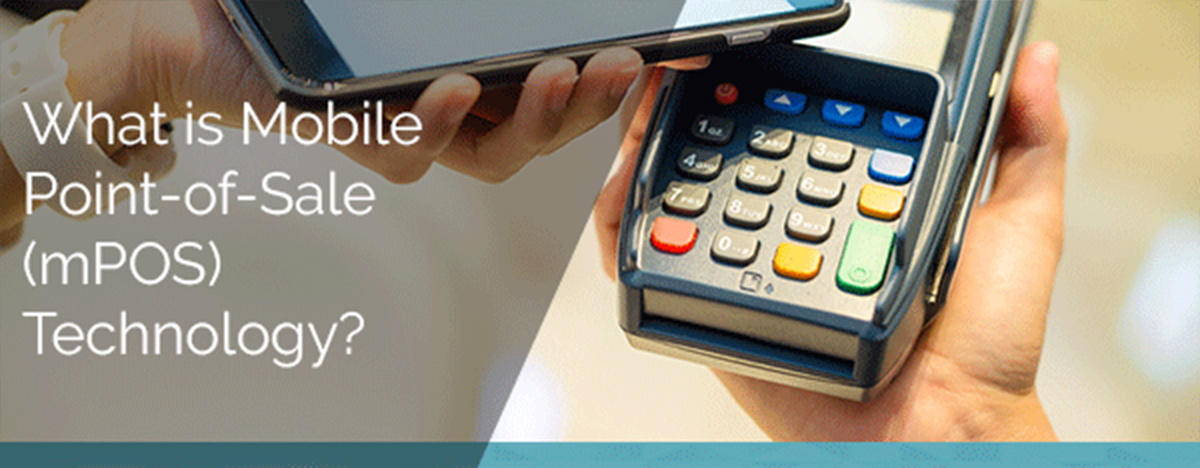[av_image src=’http://home.ncourt.com/wp-content/uploads/2017/08/mobile-wallets.jpg’ attachment=’3603′ attachment_size=’full’ align=’center’ styling=” hover=” link=” target=” caption=” font_size=” appearance=” overlay_opacity=’0.4′ overlay_color=’#000000′ overlay_text_color=’#ffffff’ animation=’no-animation’ custom_class=”][/av_image]
[av_image src=’http://home.ncourt.com/wp-content/uploads/2017/06/mobile-wallet.jpg’ attachment=’3383′ attachment_size=’full’ align=’center’ styling=” hover=” link=” target=” caption=” font_size=” appearance=” overlay_opacity=’0.4′ overlay_color=’#000000′ overlay_text_color=’#ffffff’ animation=’no-animation’ custom_class=”][/av_image]
[av_textblock size=” font_color=” color=” custom_class=”]
Mobile payment transactions are on the rise, with market researchers expecting an increase of more than 200% in mobile payment transactions in 2017. This trend has left many courts, government agencies, and legal agencies wondering how the growing popularity of mobile wallets will affect court and other payment processing.
Mobile Wallets Defined
A mobile wallet, as its name implies, is simply a virtual version of a physical wallet. It can store payment debit and credit card information, coupons, reward cards, and the like on a mobile device, enabling users to pay merchants who offer mobile payment services. Mobile wallet services, such as Apple Pay and Android Pay, ease the payment process for both users and those accepting payments.
Benefits of Mobile Wallets
Gartner forecasts that the worldwide mobile payment market will have more than 450 million users and a transaction value of more than $721 billion in 2017. With this incredible surge in the adoption of mobile payment applications and services comes opportunities for both government agencies and their citizens. So, what are the benefits to offering mobile wallet services?
- Decreased payment time. With transactions processed immediately, payment reaches the agency quickly and efficiently.
- Better security. Mobile wallets are more secure than their physical counterparts, giving users and agencies better peace of mind.
- Convenient and efficient. Paper receipts are always inconvenient to keep. While it is important to keep a record of your transactions, paper receipts are not convenient nor efficient. Being able to have utilized mobile wallet services eliminates that stress.
Mobile Wallets Increase Payment Options in Government Agencies
As with financial institutions and retailers, government agencies can benefit from the flexibility and ease of use offered by mobile payment transactions. By giving citizens the ability to pay with debit and credit cards, Apple Pay and Android Pay, government agencies enable convenient payment in whatever format works best for citizens. This approach helps ensure quick and timely payment without processing hassles and overhead and enables courts and government agencies to improve customer service while reducing processing burden.
[/av_textblock]
[av_social_share title=’Share this entry’ style=’minimal’ buttons=” custom_class=”]














